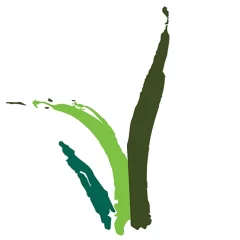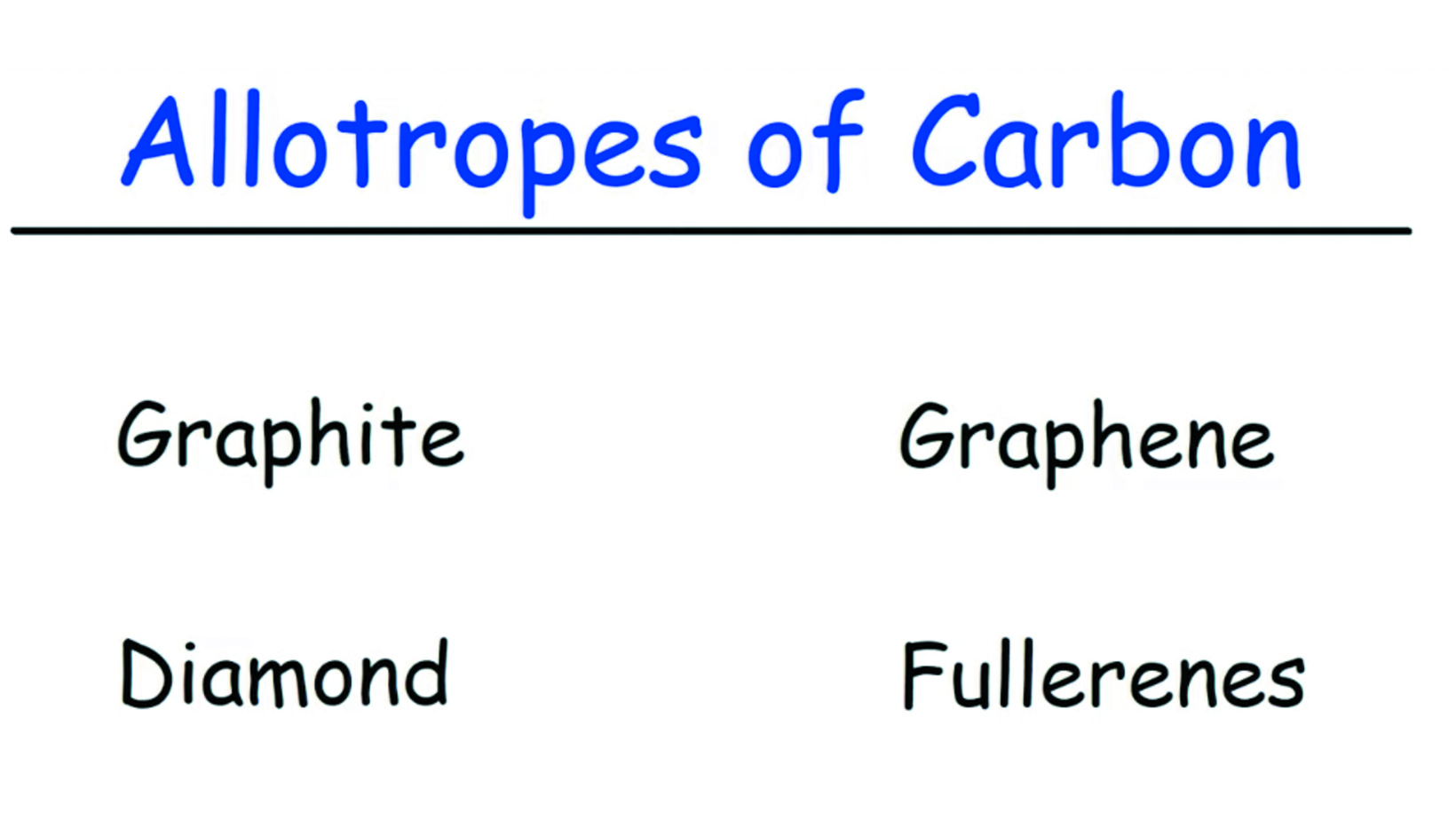Bermuda grass is a major turf species for lawns, parks, golf courses, athletic fields and general utility turf’s in Africa, Australia, India, South America and the Southern region of the United States. It is found in over 100 countries throughout the tropical and subtropical areas of the world. Common Bermuda (C. dactylon), naturalized throughout the warmer regions of the United States, and came into this country during the colonial period from Africa and India. Additionally, Bermuda extends, in the U.S., from New Jersey and Maryland southward to Florida and westward to Texas and Kansas. When irrigated one can even find it in New Mexico, Arizona and in California valleys. Some hybrid varieties can exist into cooler climates.
Bermuda grass can start from seed, sprigs or sod. It spreads rapidly by rhizomes, stolons and seed. Mostly known as a “warm season” grass, it can handle cold winters, extremely hot summers and is drought tolerant. Best growing temperatures are above 65° and below 100°.
Bermuda grass has excellent wear resistance, making it highly suitable for sports fields and high-traffic areas. It recovers quickly from damage due to its vigorous growth and spreading abilities. Furthermore, it goes dormant and turns brown during winter in cooler climates. In such regions, overseeding with a cool-season grass can provide year-round green color.
Mowing heights for Bermuda grass ranges from 3/16″ to 2″.
Lastly, it is a popular choice for turfgrass due to its durability, ability to withstand heat and drought, and fast growth and spreading capabilities. With proper maintenance, it can provide a lush, attractive, and functional lawn or playing surface.
Review our website to learn more and ask for Greensmiths products by name.




